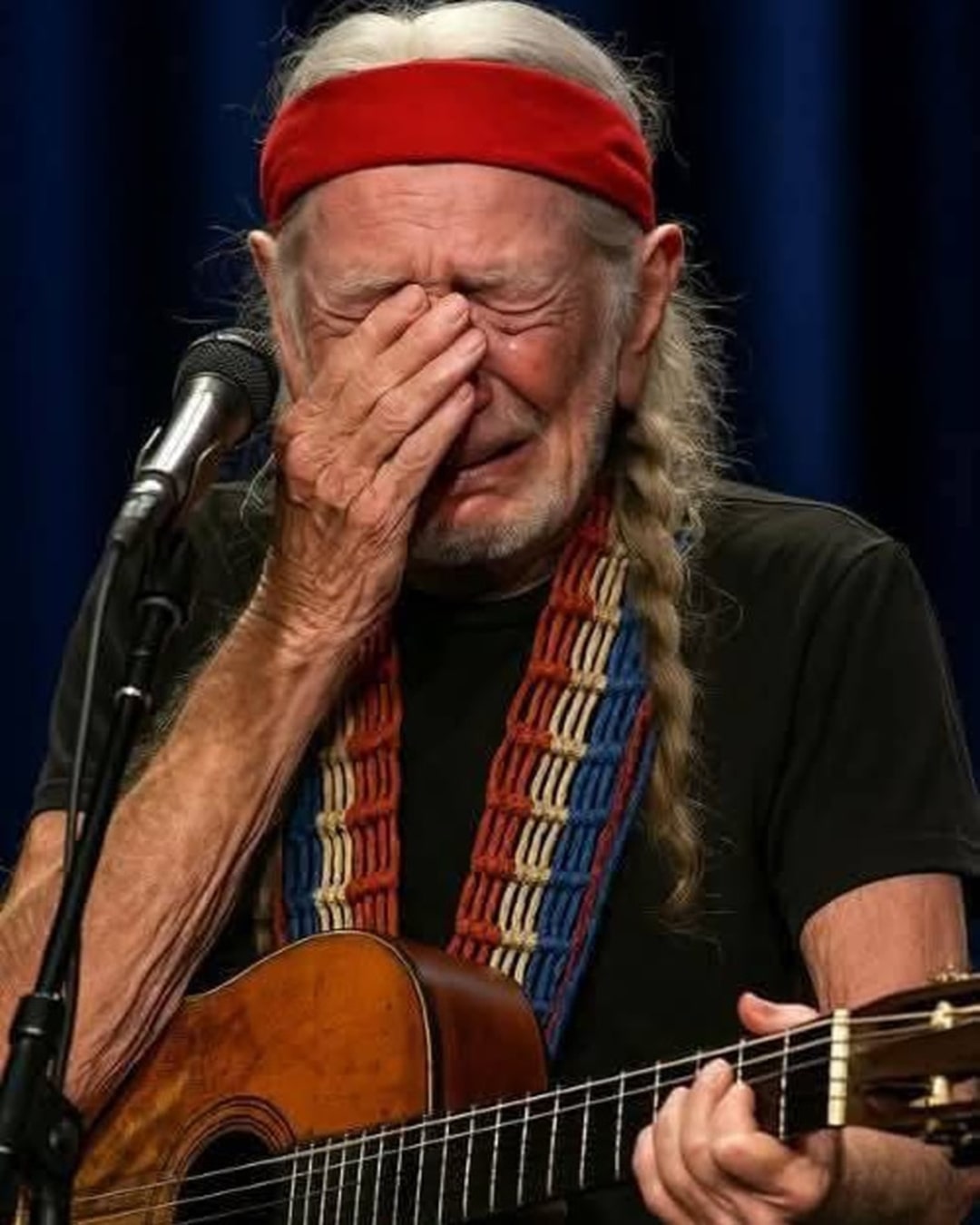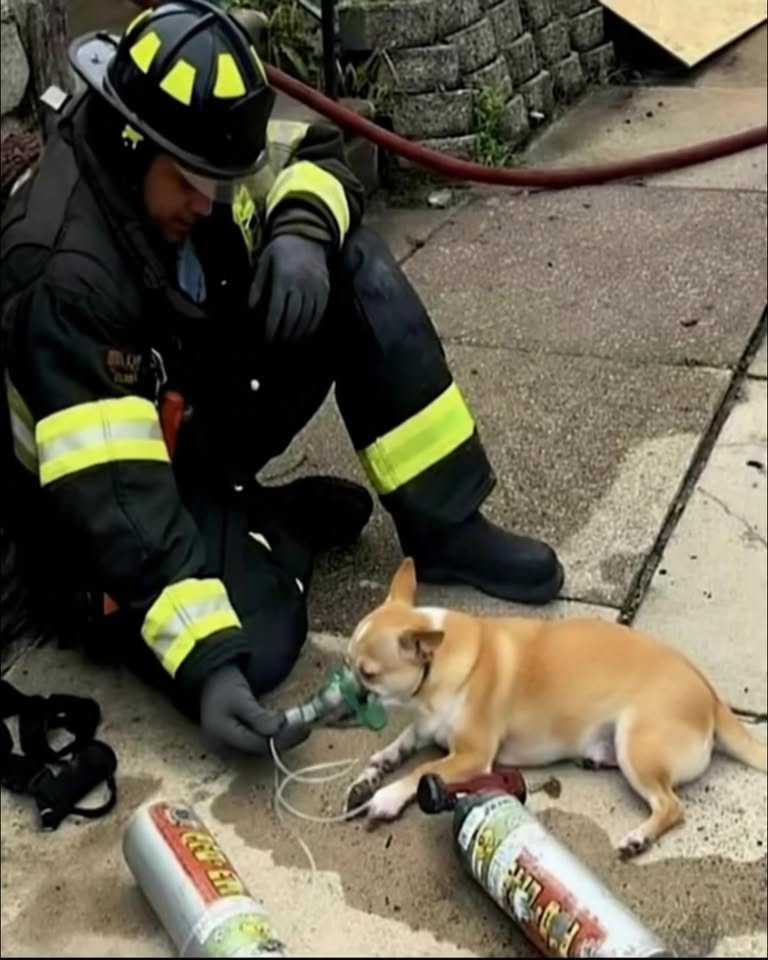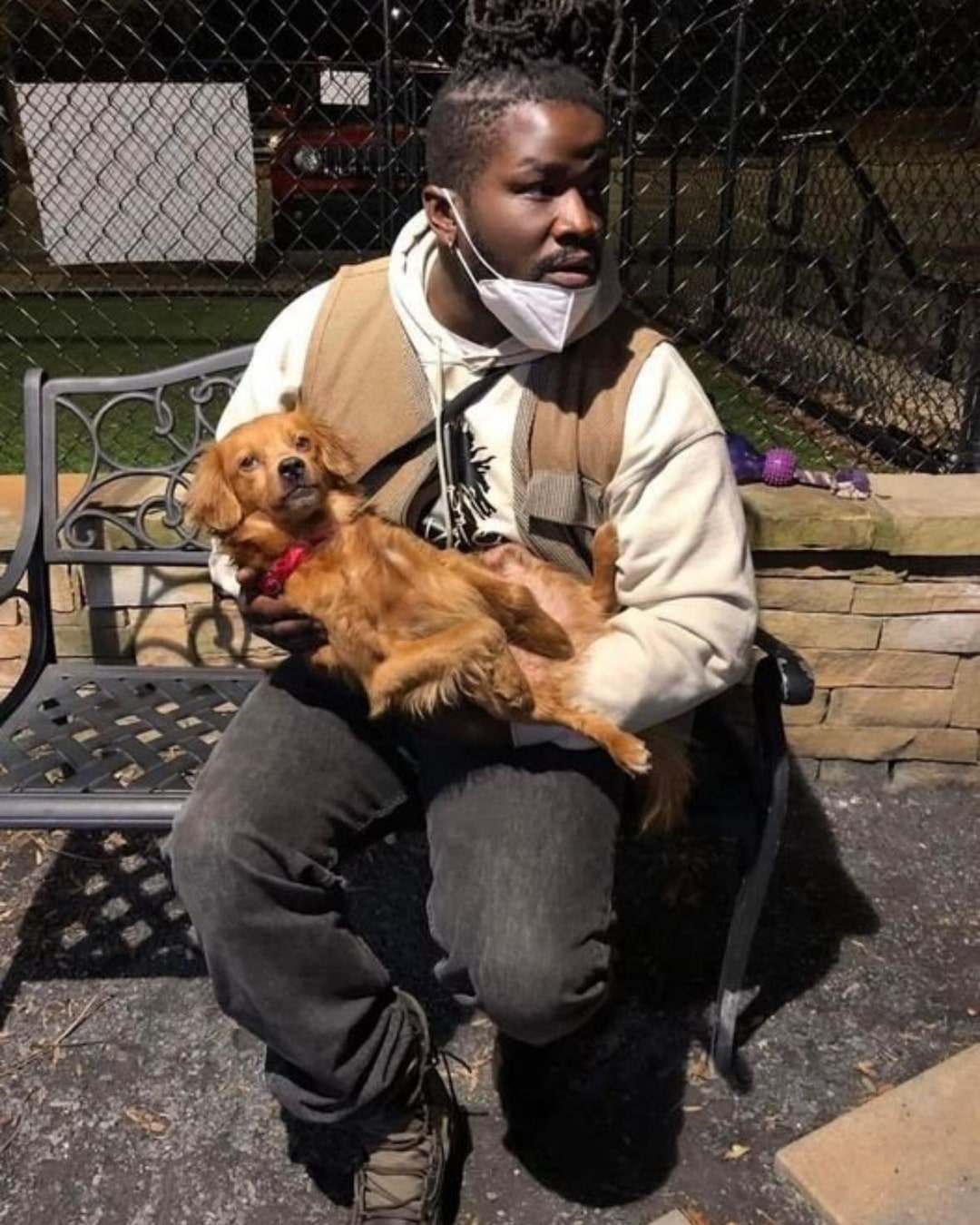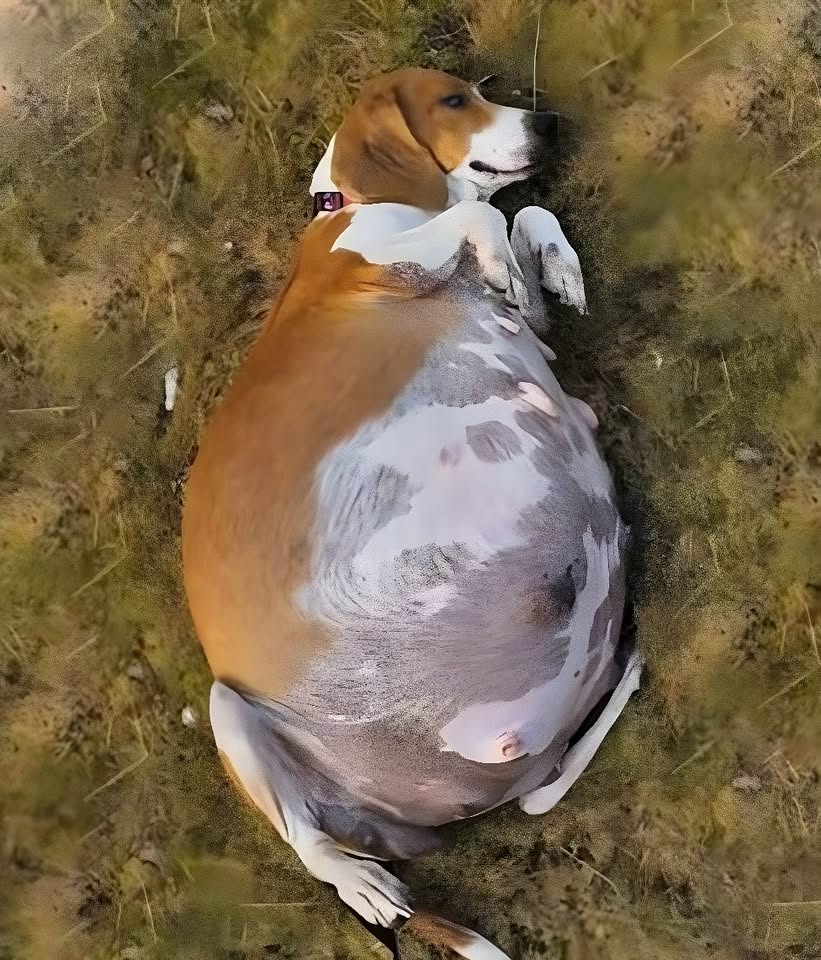At 92, Willie Nelson stepped onto the stage, unaware that the moment ahead would move an arena to tears. The lights dimmed, the crowd erupted—and the applause did not stop.
One minute. Two. Three. By the eighth, it had become more than applause. It was a lifetime of gratitude pouring over him.
Willie lowered his head, covering his face with the same weathered hands that had once strummed America’s sorrow and joy. At his side hung Trigger, his battered guitar—two survivors standing together.
“I didn’t think anyone still wanted to hear me,” he said softly.
The crowd thundered back: “Forever, Willie!”
It wasn’t just a concert. It was a farewell to an era, a tribute to a man whose music became the nation’s heartbeat. That night, every tear and every smile honored not just a legend, but the soul of America itself.
That eight-minute torrent of sound was more than a simple ovation; it was a living archive, a thunderous testament to a life lived in song. Each individual clap was a memory given voice. It was the sound of a first dance at a wedding to “Always on My Mind,” the roar of a truck engine on a cross-country trip with “On the Road Again” blasting from the speakers, the quiet hum of a parent singing a child to sleep with “Blue Eyes Crying in the Rain.” For the thousands packed into the arena, this was not just noise. It was the playback of their own lives, with Willie’s voice as the constant, unwavering soundtrack. They were thanking him not just for the music, but for being there—through heartbreak and celebration, through lonely nights and sun-drenched mornings, his reedy, unmistakable tenor a friend they had never met but always knew. The applause was a conversation, a final, collective thank you from a generation he had guided through the wilderness of their own emotions.
Hanging at his side, Trigger was the silent witness to it all. More than wood and wire, that battered Martin N-20 is a sacred text in the history of American music. Its scarred and weathered body, famously worn through by decades of relentless strumming, is a map of Willie’s journey. The signatures scrawled across its surface—from fellow musicians, friends, and legends—are the footnotes to a story that defined the outlaw country movement and reshaped Nashville’s glossy conventions. Trigger wasn’t just an instrument; it was a co-conspirator. Together, they had played in smoky honky-tonks and presidential palaces, at Farm Aid concerts fighting for the American farmer, and in quiet studios where raw, honest emotion was captured on tape. As Willie stood there, overwhelmed by the wave of affection, the guitar seemed to absorb the sound, its worn-out wood resonating with the history it had helped create. Two survivors, indeed, bearing the beautiful scars of a life dedicated to the simple, profound truth of a three-chord song.
Willie Nelson’s music became the nation’s heartbeat because he never tried to be anything other than himself. In an industry that often demands conformity, he was a rebel with a gentle spirit. He wrote songs that felt less like compositions and more like conversations overheard at a roadside diner at 3 AM. He sang of imperfect people, of loving and losing, of the wanderlust that beats in the American soul. His phrasing was idiosyncratic, always slightly behind the beat, as if he were patiently waiting for the listener to catch up to the feeling he was conveying. This authenticity created a powerful bond. He wasn’t singing down to his audience from an ivory tower; he was sitting right there with them, sharing a drink, and telling them a story they already knew in their bones. He became a unifier in a fractured country, his music a common ground where cowboys, hippies, truck drivers, and college professors could all find a piece of themselves.
The vulnerability in his quiet admission, “I didn’t think anyone still wanted to hear me,” was perhaps the most moving part of the night. It was a crack in the myth, revealing the man behind the iconic braids and bandana. For a figure who had achieved such stratospheric success, who had written hundreds of songs and sold millions of records, to still harbor the fundamental insecurity of any artist—the fear of being forgotten—was a profoundly humanizing moment. It reminded everyone in that room that legends are not forged from stone; they are built from the same fragile hopes and fears as the rest of us. He simply wanted to know that his life’s work still mattered, that the stories he had told still resonated.
And the crowd’s response was the most definitive answer imaginable. “Forever, Willie!” was not just a chant; it was a promise. It was the audience giving back the one thing an artist truly craves: immortality. They were telling him that his music had been so deeply woven into the fabric of their lives that it could never be unwoven. It was now part of their children’s lives, a legacy passed down through generations. It was the assurance that long after the stage lights went dark for the final time, his voice would continue to echo from car radios, on dusty jukeboxes, and in the quiet moments when a person needs to feel understood.
When the applause finally softened into a reverent hush, a profound silence filled the arena. Every eye was on the man and his guitar. He lifted his head, the tears still visible on his weathered cheeks, and a small, grateful smile formed on his lips. He gave a simple nod, a gesture that spoke volumes more than words ever could. Then, his hand, seemingly with a mind of its own, found its familiar place on Trigger’s neck. The first chord he strummed was not loud or defiant, but soft and resonant, filled with the weight of that eight-minute ovation. It was the sound of acceptance, of gratitude, and of a story not quite finished. That night wasn’t a farewell because legends never truly say goodbye. Their music simply becomes a permanent part of the landscape, as enduring and essential as the American highways he so often sang about. The concert would end, but Willie Nelson would be on the road again, forever.
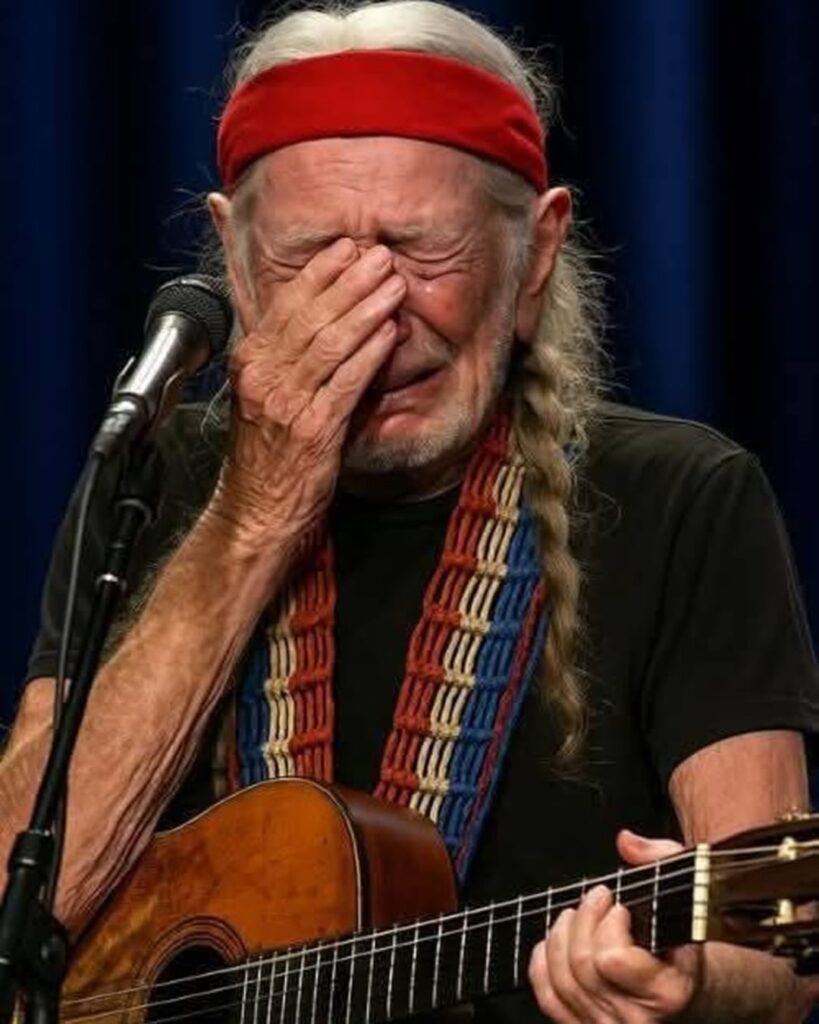
At 92, Willie Nelson stepped onto the stage, unaware that the moment ahead would move an arena to tears. The lights dimmed, the crowd erupted—and the applause did not stop. One minute. Two. Three. By the eighth, it had become more than applause. It was a lifetime of gratitude pouring over him. Willie lowered his head, covering his face with the same weathered hands that had once strummed America’s sorrow and joy. At his side hung Trigger, his battered guitar—two survivors standing together. “I didn’t think anyone still wanted to hear me,” he said softly. The crowd thundered back: “Forever, Willie!” It wasn’t just a concert. It was a farewell to an era, a tribute to a man whose music became the nation’s heartbeat. That night, every tear and every smile honored not just a legend, but the soul of America itself.







